The views expressed in our content reflect individual perspectives and do not represent the authoritative views of the Baha'i Faith.
Early spring light warms the café. Christos and I talk about the state of the world’s soul, and about our small lives darting here and there, quick and sharp as needles, piercing and patching the social fabric. To illustrate these twin processes of tearing apart and mending anew, he paraphrases Richard Strozzi-Heckler: “I dreamt of a sword that cuts things together…”
I am fascinated by the vision of this severing, unifying sword. I feel it at work everywhere, paring away vanities and illusions, wedding the darkness and light. But what is it? What is this mysterious, binding blade, this sword that rends and mends?
No power on earth can prevail against the armies of justice, and every citadel must fall before them; for men willingly go down under the triumphant strokes of this decisive blade, and desolate places bloom and flourish… – Abdu’l-Baha, The Secret of Divine Civilization, p. 70.
Months pass. I am in Maine, at a retreat for women who share a deep faith, a deep practice of service to others. Over eighty women gather to discuss love and justice. One person I meet is Dr. Somava Stout. A medical doctor and public health advocate, she begins her presentation with a poem that we read in small groups and then explore through questions. Immediately this democratizes the “expert-audience” dynamic, and we all become part of the learning.
Somava’s voice is calm, happy, assured. Through stories and statistics, she explains systems of injustice and how to remedy inequity. Why, for example, is there almost a 10-year gap in life expectancy between Boston neighborhoods only 2 miles apart? How can we address the fact that over 50% of uninsured Americans suffer from chronic illness – and belong to racial and ethnic minorities?
Somava describes a global initiative called 100 Million Healthier Lives – infusing partnerships at the local, federal and international levels with kindness, generosity, a culture of learning. Establishing such partnerships requires spiritual practice and self-reflection: How do we challenge limiting beliefs to enact positive change? How do we encourage and accompany each other’s growth?
The retreat in Maine offers many opportunities to pose such powerful questions. Only two days long, it expresses a high level of honesty and commitment. I fluctuate between exhaustion and exhilaration. I feel like a spinning, stilling compass rose, like the motion of a hand, stitching up an old wound, down and up, up and down.
What thread connects these motions, these metaphors? Whatever it is, this thread is attached to a needle—and what else is a needle but a sword that cuts things together?
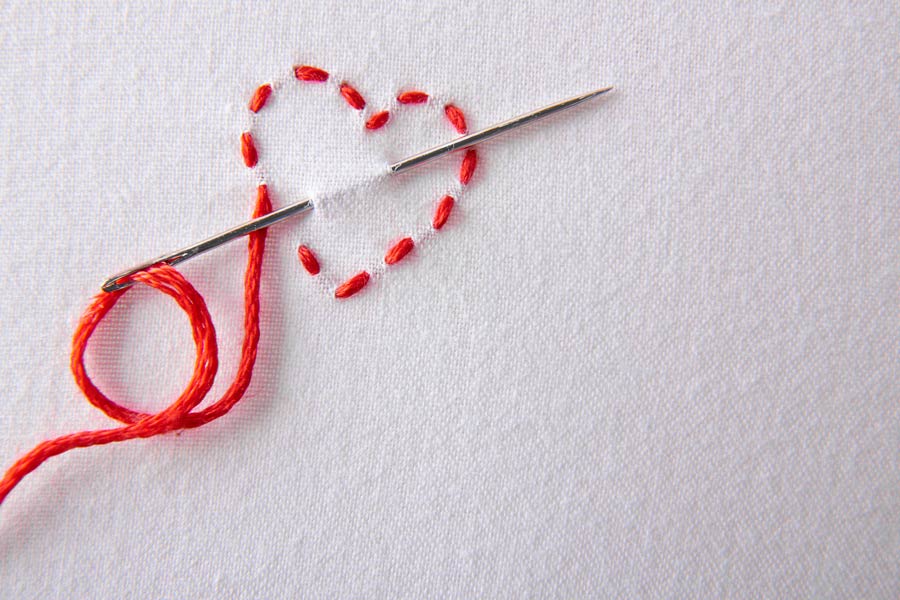
A needle, traditionally speaking, is a woman’s tool. It is also a surgeon’s tool. The very act of mending a garment or a body entails pain and sacrifice. How many mothers and workers have bent over their sewing late into the night, straining their eyes, pricking their fingers, drawing blood? How many surgeons have bent over their patients with precise skill, deep concentration and hope?
As my friend Christos once asked: “Isn’t that what we all want? To give our life’s blood? But how can this blood, this self-sacrifice, be bloodless? How can our desire to sacrifice for others be channeled constructively and creatively?” It can only happen, I muse, through mercy and justice – the power to see and enact a covenant of care for all creation.
With what shall they adorn their bodies as they tread the path of life?…The crimson color of the Day of God who sits in the sky, they shall make their sacred color as they go forth on life’s journey. – Osage chant
Without justice and mercy, self-sacrifice is deadly. Consider the actions of suicide bombers. One 2010 report from Yale notes: “Surprisingly, altruism emerges as a major factor in the complex set of causes behind suicide attacks.” Or in the words of French filmmaker Pierre Rehov, who interviewed Palestinian youth in Israeli jails for his film Suicide Killers: “These aren’t kids who want to do evil. These are kids who want to do good…”
So why do they destroy themselves and others? A hint is found in the same report, where the author notes that “altruistic suicides… involve valuing one’s life as less worthy than the group’s honor, religion or other collective interests.” (emphasis added). Valuing your own life as less worthy and wanting to do good simply don’t compute. The moment you discount your life, you discount every life. Injustice is done, mercy crushed, incalculable harm inflicted.
This, then, is our great challenge: how to stay humble, yet honor all life, including our own. How to take all our pain, all our love, all our conflicts and sacrifices, and weld these forces into one just and merciful world:
O peoples, do not spill blood and do not seize the goods of others. By my life, the sword of good character and kindness is sharper than a sword of iron. – Baha’u’llah, quoted by Abdu’l-Baha, Star of the West, Volume 1, pp. 5-6.
I’m grateful to know many people like Christos and Somava. Their outlook has a clarifying, unifying effect. They do not segregate life from work, self from other, spirit from body. Such women and men find ways to sever the sick tissue from the living, letting the wounds breathe, heal, regenerate. Whatever their chosen implement – plough, needle, pen, law – they cut through the lies and disease within them and around them to reveal the heart’s truth. Honest about their struggles, yet they still stand in friendship with themselves and the world. Most of all, as Somava tells me, they ask for the instrument of their lives “to be a hollow reed.”
Mercy and justice often pair themselves as opposite, balancing forces. Mercy, wisdom and loving-kindness ensure that the methods of establishing justice stay consonant with its aims of peace and unity. But I’m beginning to see that mercy is inherent in justice itself. Only through a merciful justice are we freed from prejudice, revealed as noble beings, and welcomed home.
That’s when we discover, in our depths, the sword that mends:
O my Servant! Thou art even as a finely tempered sword, concealed in the darkness of its sheath, and the value hidden from the artificer’s knowledge. Wherefore, come forth from the sheath of self and desire, that thy worth may be made manifest and resplendent unto all the world. – Baha’u’llah, The Hidden Words, p. 47.
You May Also Like
Comments



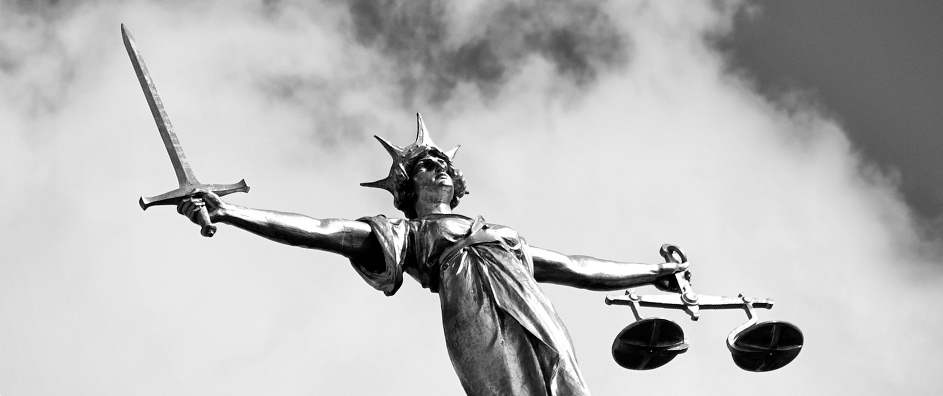

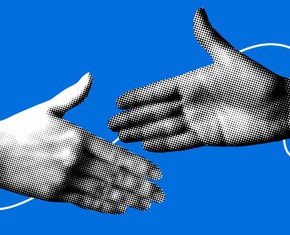
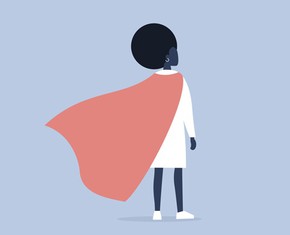
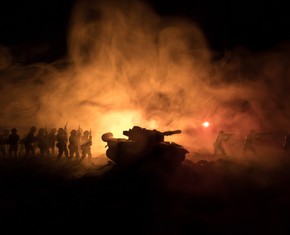









The spirit of Lincoln still lives; that spirit born of the teachings of the Nazarene, who promised mercy to the merciful, who lifted the lowly, strengthened the weak, ate with publicans, and made the captives free. In the light of this divine example, the doctrines of demagogues shiver in their chaff.
Martin Luther King Jr